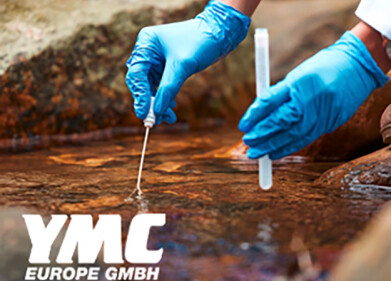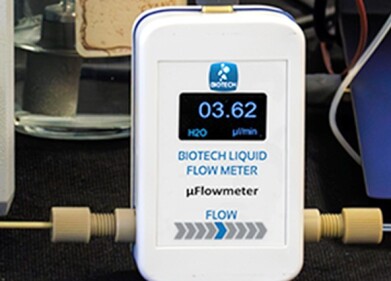-
 Scientists found an effective and efficient solution to peak-matching LC-MS data.
Scientists found an effective and efficient solution to peak-matching LC-MS data.
HPLC, UHPLC
MEDEA clustering method is 'more effective'
Sep 02 2011
In a study published by BMC Bioinformatics, and undertaken by scientists from the Austrian Academy of Sciences, Harvard University and Harvard Medical School, a team sought to find a more effective and efficient clustering method.
Clustering is commonly used to recognise patterns in order to pinpoint groups of similar observations within a set of data.
The scientists used their new MEDEA (M-Estimator with DEterministic Annealing), an M-estimator based, new unsupervised algorithm that is designed to enforce position-specific constraints on variance during the clustering process on real-life LC-MS datasets.
As a result, they found that MEDEA not only out-performs the current state-of-the-art model-based clustering methods in identifying the common LC-MS peaks across multiple samples, it is also significantly more efficient, which means it can be used on larger datasets.
"MEDEA is an effective and efficient solution to the problem of peak matching in label-free LC-MS data," the study claimed.
Digital Edition
Chromatography Today - Buyers' Guide 2022
October 2023
In This Edition Modern & Practical Applications - Accelerating ADC Development with Mass Spectrometry - Implementing High-Resolution Ion Mobility into Peptide Mapping Workflows Chromatogr...
View all digital editions
Events
Jan 20 2025 Amsterdam, Netherlands
Feb 03 2025 Dubai, UAE
Feb 05 2025 Guangzhou, China
Mar 01 2025 Boston, MA, USA
Mar 04 2025 Berlin, Germany


.jpg)








